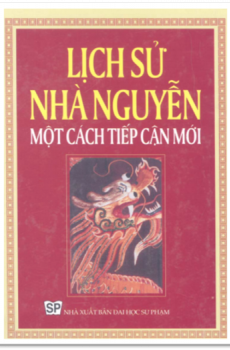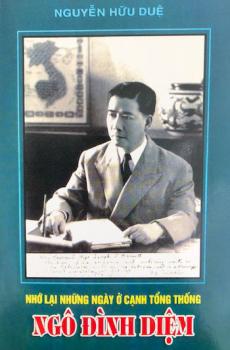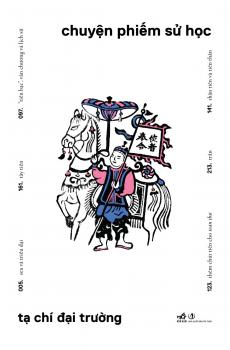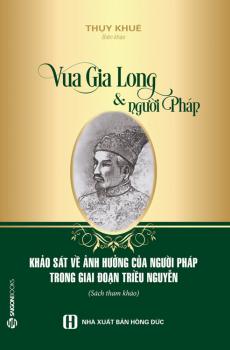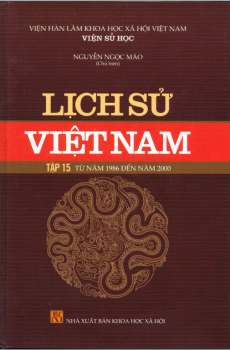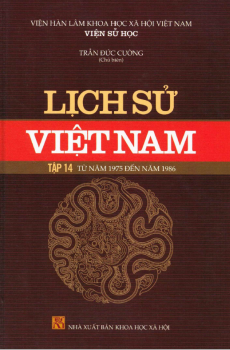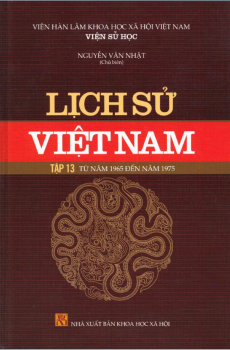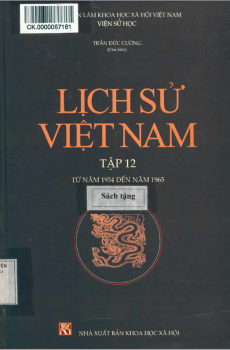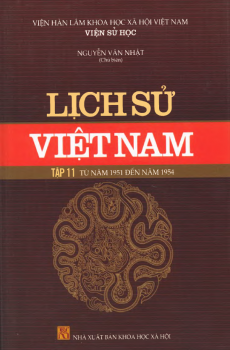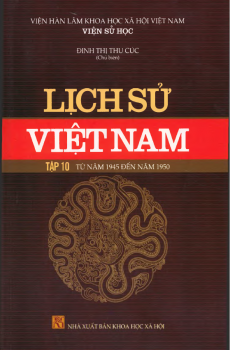Beacon Lights of History, Volume VII
Beacon Lights of History, Volume VII
Đăng nhập để đọc sách và tải về file pdf miễn phí
| Nhà xuất bản | unknown |
|---|---|
| Nhà xuất bản sách tiếp cận | Public domain |
| Năm xuất bản | 2003 |
| Coppy right | Chưa rõ |
***START OF THE PROJECT GUTENBERG EBOOK BEACON LIGHTS OF HISTORY, VOLUME VII***
E-text prepared by Juliet Sutherland, Charlie Kirschner,
and the Project Gutenberg Online Distributed Proofreading Team
LORD'S LECTURES
BEACON LIGHTS OF HISTORY.
BY JOHN LORD, LL.D.
AUTHOR OF "THE OLD ROMAN WORLD," "MODERN EUROPE," ETC., ETC.
VOLUME VII.
GREAT WOMEN.
CONTENTS.
HÉLOÏSE.
LOVE.
Love, the flower of Eden
The two Venuses of Socrates
The Venus Urania
The memory of Héloïse cherished
Her birth and education
Her extraordinary gifts
Her aspirations
Peter Abélard
His wonderful genius
His early scholastic triumphs
Abélard at Paris
His wit and flippancy
His scepticism
His successes
His love for Héloïse
His mad infatuation
Scandal of the intimacy
Disinterestedness of Héloïse
Secret marriage of Abélard and Héloïse
Marriage discovered
Retirement of Héloïse and Abélard to separate convents
His renewed labors
His brilliant success
Persecution of Abélard
Letters to Héloïse
Héloïse cannot conquer her love
Her high social position
Her blameless life
Loves of Héloïse and Abélard analyzed
Greatness of sentiment
Last days of Abélard
His retreat to Cluny
Peter the Venerable
Grief of Héloïse
JOAN OF ARC.
HEROIC WOMEN.
Heroic qualities of women in the Middle Ages
Extraordinary appearance of Joan of Arc
Her early days
Her visions
Critical state of France at this period
Appreciated by Joan
Who resolves to come to the rescue of her king and country
Difficulties which surrounded her
Her services finally accepted
Her faith in her mission
Her pure and religious life
Joan sets out for the deliverance of Orleans
Succeeds in entering the city
Joan raises the siege of Orleans
Admiration of the people for her
Veneration for women among the Germanic nations
Joan marches to the siege of Rheims
Difficulty of the enterprise
Hesitation of the king
Rheims and other cities taken
Coronation of Charles
Mission of the Maid fulfilled
Successive military mistakes
Capture of Joan
Indifference and ingratitude of the King
Trial of Joan for heresy and witchcraft
Cruelty of the English to her
The diabolical persecution
Martyrdom of Joan
Tardy justice to her memory
Effects of the martyrdom
SAINT THERESA.
RELIGIOUS ENTHUSIASM.
Pleasures of the body the aim of Paganism
Aim of Christianity to elevate the soul
Mistakes of monastic life
The age of Saint Theresa
Her birth and early training
Mediaeval piety
Theresa sent to a convent to be educated
Her poor health
Religious despotism of the Middle Ages
Their gloom and repulsiveness
Faith and repentance divorced
Catholic theology
Theresa becomes a nun
Her serious illness
Her religious experience
The Confessions of Saint Augustine
The religious emancipation of Theresa
Her canticles
Her religious rhapsodies
Theresa seeks to found a convent
Opposition to her
Her discouragements
Her final success
Reformation of the Carmelite order
Convent of St. Joseph
Death of Saint Theresa
Writings of Saint Theresa
Her submission to authority
Her independence
Compared with Madame Guyon
Her posthumous influence
MADAME DE MAINTENON.
THE POLITICAL WOMAN.
Birth of Madame de Maintenon
Her early life
Marriage with Scarron
Governess of Montespan's children
Introduction to the King
Her incipient influence over him
Contrast of Maintenon with Montespan
Friendship of the King for Madame de Maintenon
Made mistress of the robes to the Dauphiness
Private marriage with Louis XIV
Reasons for its concealment
Unbounded power of Madame de Maintenon
Grandeur of Versailles
Great men of the court
The King's love of pomp and ceremony
Sources of his power
His great mistakes
The penalties he reaped
Secret of Madame de Maintenon's influence
Her mistakes
Religious intolerance
Revocation of the Edict of Nantes
Persecution of the Protestants
Influence of Bossuet
Foundation of the school of St. Cyr
Influence of Madame de Maintenon on education
Influence of Madame de Maintenon on morals
Influence of Madame de Maintenon on the court
Her reign a usurpation
Her greatness of character
SARAH, DUCHESS OF MARLBOROUGH.
THE WOMAN OF THE WORLD.
The Duchess of Marlborough compared with Madame de Maintenon
Birth and early influence
John Churchill
Marriage of Churchill and Sarah Jennings
Colonel Churchill made a peer
The Princess Anne
Lady Churchill
Their friendship
Coronation of William and Mary
Character of William III
Treason of the Earl of Marlborough
Energy and sagacity of the Queen
Naval victory of La Hogue
Temporary retirement of Marlborough
Death of the Duke of Gloucester
Marlborough, Captain-General.
Death of William III
Accession of Anne
Power of Marlborough
Lord Godolphin
Ascendency of Lady Marlborough
Her ambition
Her pride
Renewal of war with Louis XIV
Marlborough created a duke
Whigs and Tories
Harley, Earl of Oxford
His intrigues
Abigail Hill
Supplants the Duchess of Marlborough
Coolness between the Queen and Duchess
Battle of Ramillies
Miss Hill marries Mr. Masham
Declining influence of the Duchess
Her anger and revenge
Power of Harley
Disgrace of the Duchess
The Tories in power
Dismissal of Marlborough
Bolingbroke
Swift
His persecution of the Duchess
Addison
Voluntary exile of Marlborough
Unhappiness of the Duchess
Death of Queen Anne
Return of Marlborough to power
Attacked by paralysis
Death of Marlborough
His vast wealth
Declining days of the Duchess
Her character
Her death
Reflections on her career
MADAME RÉCAMIER.
THE WOMAN OF SOCIETY.
Queens of society first seen in Italy
Provençal poetry in its connection with chivalrous sentiments
Chivalry the origin of society
Society in Paris in the 17th Century
Marquise de Rambouillet
Her salons
Mademoiselle de Scudéri
Early days of Madame Récamier
Her marriage
Her remarkable beauty and grace
Her salons
Her popularity
Courted by Napoleon
Loss of property
Friendship with Madame de Staël
Incurs the hatred of Napoleon
Friendship with Ballanche
Madame Récamier in Italy
Return to Paris
Duke of Montmorency
Seclusion of Madame Récamier
Her intimate friends
Friendship with Châteaubriand
His gifts and high social position
His retirement from political life
His old age soothed by Récamier
Her lovely disposition
Her beautiful old age
Her death
Her character
Remarks on society
Sources of its fascinations
MADAME DE STAËL.
WOMAN IN LITERATURE.
Literature in the 18th Century
Rise of Madame de Staël
Her precocity
Her powers of conversation
Her love of society
Her marriage
Hatred of Napoleon
Her banishment
Her residence in Switzerland
Travels in Germany
Her work on literature
Her book on Germany
Its great merits
German philosophy
Visit to Italy
Sismondi
"Corinne"
Its popularity
A description of Italy
Marriage with Rocca
Madame de Staël in England
Her honors
Return to Paris
Incense offered to her
Her amazing éclat
Her death
Her merits as an author
Inaugurated a new style in literature
Her followers
Her influence
Literary women
Their future
HANNAH MORE.
EDUCATION OF WOMAN.
Progress of female education
Youth of Hannah More
Her accomplishments
Teaches school
Intimacy with great men
Shines in society
Wearied of it
Her ridicule of fashionable gatherings called society
Retirement to Cowslip Green
Her patrons and friends
Labors in behalf of the poor
Foundation of schools
Works on female education
Their good influence
Their leading ideas
Christian education
Removal to Barley Wood
Views of society
Her distinguished visitors
"Coelebs in Search of a Wife"
"Christian Morals"
Her laboring at the age of eighty
The quiet elegance of her life
Removal to Clifton
Happy old age
Death
Exalted character
Remarks on female education
The sphere of woman
What is woman to do?
GEORGE ELIOT.
WOMAN AS NOVELIST.
Notable eras of modern civilization
Nineteenth Century, the age of novelists
Scott, Fielding, Dickens, Thackeray
Bulwer; women novelists
Charlotte Brontë, Harriet Beecher Stowe, George Eliot
Early life of Marian Evans
Appearance, education, and acquirements
Change in religious views; German translations; Continental travel
Westminster Review; literary and scientific men
Her alliance with George Henry Lewes
Her life with him
Literary labors
First work of fiction, "Amos Barton," with criticism upon
her qualities as a novelist, illustrated by the story
"Mr. Gilfils Love Story"
"Adam Bede"
"The Mill on the Floss"
"Silas Marner"
"Romola"
"Felix Holt"
"Middlemarch"
"Daniel Deronda"
"Theophrastus Such"
General characteristics of George Eliot
Death of Mr. Lewes; her marriage with Mr. Cross
Lofty position of George Eliot in literature
Religious views and philosophical opinions
Her failure as a teacher of morals
Regret at her abandonment of Christianity



